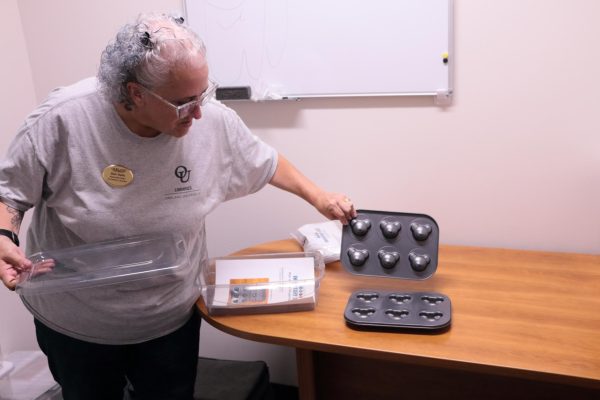The good and bad of Greek life
Recent national scrutiny of Greek life and linked fatalities have placed many university fraternities and sororities under harsh light. Within October 2019 alone, there were four hazing-related deaths across the United States.
Despite the renewed shock and fear regarding Greek life, especially fraternities, this is not a new trend for colleges. According to USA Today, for the past two decades, at least one death is reported due to hazing rituals common in many fraternities.
Oakland University is home to 17 fraternities and sororities, and has a vibrant following despite being a commuter-dominant school. Within the past decade, there have been no major incidents with the OU Greek Council, but the cause for concern over hazing remains across the country.
Current fraternity and sorority members are aware of the stigma surrounding the “pledge process” and actively work to negate those assumptions.
Callum McIntosh, a junior and member of the fraternity Theta Chi, said while the stigma is forever, OU’s Greek presence is different.
“All you hear about in the news is big schools where kids die from crazy hazing things or drunk messes,” he said. “But to be honest, Greek life at those bigger schools is much difference than what I’ve experienced here at Oakland.”
Hazing classifies excessive alcohol consumption, physical endurance tests, sleep deprivation and other rituals all designed to prove loyalty and determination. These standards are common in mostly fraternities, however, sororities typically engage in alcohol-related events as well. Both face backlash for hazing and the social implications of it as well.
Junior Rachael Johnson is a member of Alpha Delta Pi, and she has noticed firsthand the impact the Greek Council has had on sorority functions and public representation.
“I would say that our Greek life is much different than other colleges and universities, in a sense that we are more organized and careful about what we do and how we represent OU,” she said.
According to the National Survey on Drug Use and Health (NSDUH) conducted in 2017, 53.6% of college students ages 18 to 22 drank alcohol in the past month. Managing that effectively and responsibly is the challenge faced by many, not just Greek organizations.
“Partying is inevitable for college students,” Johnson said. “I think Oakland does an OK job at controlling that, better than most colleges.”
Despite the constant scrutiny, OU Greeks enjoy their “chosen family,” as junior Emma Knode of Sigma Sigma Sigma said.
“I love being a part of like-minded people,” she said. “It’s really nice having 40+ people to talk to if I need it or need to get a scantron at the last minute. We take being a sisterhood seriously without it feeling overbearing at the same time.”
With or without the controversies that surround being involved in Greek life, at OU, there is a prevalent sense of community and acceptance found in the pledge process. McIntosh provided insight for anyone considering joining a fraternity or sorority, but has concerns.
“To those who criticize Greek life, ask yourselves, ‘Have I ever tried it?’” McIntosh said. “If you haven’t tried it, then you shouldn’t criticize. It’s not for everyone, but if you haven’t ever done something, how can you have an opinion?”





